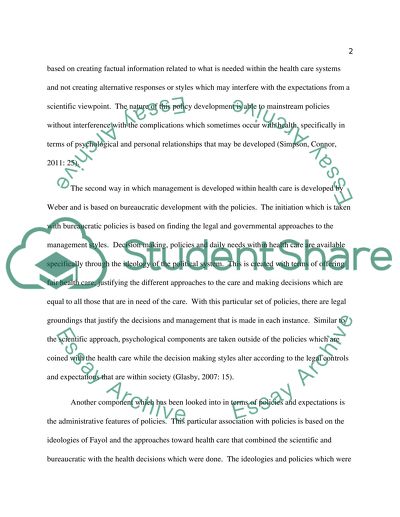Cite this document
(Concepts Related to Social Policy and Health Care Essay, n.d.)
Concepts Related to Social Policy and Health Care Essay. Retrieved from https://studentshare.org/health-sciences-medicine/1587425-discuss-the-knowledge-skills-and-experiance-you-will-need-to-manage-contemporary-health-and-social-care-services-in-the-uk
Concepts Related to Social Policy and Health Care Essay. Retrieved from https://studentshare.org/health-sciences-medicine/1587425-discuss-the-knowledge-skills-and-experiance-you-will-need-to-manage-contemporary-health-and-social-care-services-in-the-uk
(Concepts Related to Social Policy and Health Care Essay)
Concepts Related to Social Policy and Health Care Essay. https://studentshare.org/health-sciences-medicine/1587425-discuss-the-knowledge-skills-and-experiance-you-will-need-to-manage-contemporary-health-and-social-care-services-in-the-uk.
Concepts Related to Social Policy and Health Care Essay. https://studentshare.org/health-sciences-medicine/1587425-discuss-the-knowledge-skills-and-experiance-you-will-need-to-manage-contemporary-health-and-social-care-services-in-the-uk.
“Concepts Related to Social Policy and Health Care Essay”. https://studentshare.org/health-sciences-medicine/1587425-discuss-the-knowledge-skills-and-experiance-you-will-need-to-manage-contemporary-health-and-social-care-services-in-the-uk.


